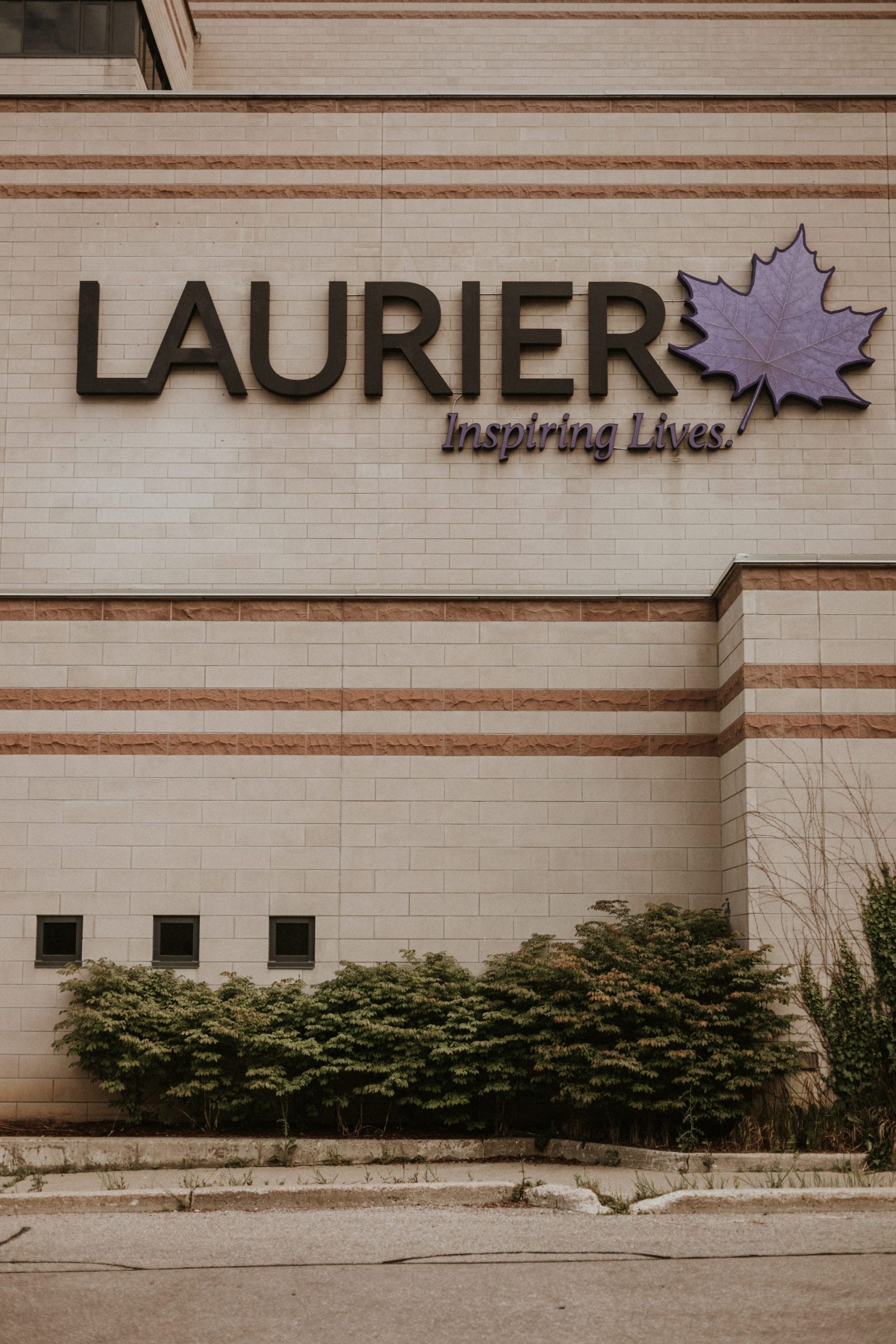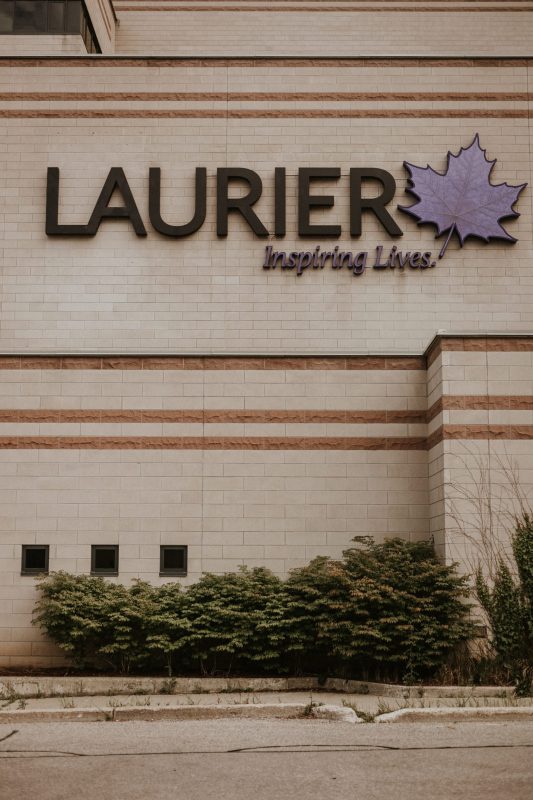The dangers of grade inflation


Grade inflation can be deceptive and varies from school to school. Thankfully for the universities — as well as their incoming students — they have a way of deciphering which secondary schools tend to inflate grades more than others.
The University of Waterloo was one of the first schools to discover the simple algorithm of gathering and documenting trends of inflation.
For example, if a student’s graduating mark at the end of their final year of high school is an 85 per cent and they finish their first year of university with a 60 per cent, it can be suspected that their alma mater doled out grades with generosity if a similar trend begins to form with students accepted from the same high school.
UW then made a list documenting which schools had the highest rates of grade inflation.
With this information, they are then able to decide which grades from which schools are more verifiably legitimate than others, better allowing them to accept students that they believe are best prepared for their academic programs.
Not only is grade inflation unfair to those students who attend schools with stricter grading habits, students whose poor grades are inflated are then thrown into strenuous programs with the delusional expectation of academic success.
Students are set up to fail. The broadening inconsistencies of high school grading only makes it that much more difficult for incoming first-year students to confidently believe they are ready for their next step into post-secondary academia.
I know for a fact I should have failed Grade 12 Kinesiology. I thought phalanges was just crude jargon for testicles and I still couldn’t tell you where the hell your femur is.
It wasn’t until well after I graduated that I discovered your alveoli wasn’t just a word for the male areola — all those years of french and their grammatical genders were really doing me no good.
The point is, I wasn’t completely prepared for university. My grades fell and I’d gone from taking Biology and History to Film 101. Shouldn’t things have gotten — dare I say it — easier?
But it shouldn’t have been much of a surprise. St. David’s Catholic Secondary, my former high school, is first on the list of grade inflation in the entire Kitchener-Waterloo region.
High schools want success out of their students. In fact, the entire Board of education wants success. Healthy grades reflect well on the education staff, from the top to the bottom. It means they’re doing their job.
But does it really? Telling Joshua that his illegible argumentative essay on why Pete Rose belongs in the Baseball Hall of Fame, written entirely in the back of someone else’s yearbook, is a passable grade — knowing full well Joshua doesn’t know the difference between your and you’re — is a blatant lie.
Just because Joshy is a “fine young lad,” does not mean he is remotely well equipped for the constant stressors and academic literature that comes with a full university course load.
And regardless of the fact that Pete Rose’s absence from the Hall of Fame is indeed one of baseball’s greatest injustices — yes, I am Joshua — is not an excuse to grade the student any higher than he rightfully deserves.
It will always be true that academic stress and anxiety will and should be present in the post-secondary community.
On one hand, it can be healthy to have low levels of anxiety in regards to school work. It ignites motivation for those otherwise unmotivated to complete their weekly academic tasks and assignments.
On the other hand, it can be overwhelming for students who arrive at university ill-prepared or improvident. It’s not unheard of for underperforming students to develop mental health conditions such as depression and anxiety thanks to their newfound boost in cortisol.
I can’t help but think of my Grade 9 art teacher, Mrs. Ceramic — maybe, I can’t remember her name. For an assignment on pottery and the use of kilns, I’d handed in, what I thought to be an alluring yet delicate rendition of the male undercarriage.
And although she refused to display it during the school’s semesterly Arts Night, I was graded a sixty-nine percent.
At the time, I laughed at my grade — the irony! — but in reality, that was the grade I deserved. Mrs. Ceramic was grading the content, technique and quality of work. My submission fit the criteria of the assignment and was graded based on that criteria rather than on her preconceptions of me as a student.
This is the kind of consistency that should be expected out of high school grading schemes. Yes, universities have ways of taking grade inflation into account but not every admissions program has the foresight of a medium.
It forced me to wonder, how does Laurier take grade inflation into account? Was there validity in my acceptance? Had I rightfully earned my place amongst my classmates?
Jennifer Casey, Assistant Vice-President Enrolment Services and Registrar has an optimistic take on the subject.
“Those grades come to us from committed and qualified teachers from across Ontario and around the world and we have the utmost confidence that those grades reflect a commitment from teachers and students to adequately prepare for university studies,” she said in a statement.
In a perfect world, every teacher is committed and qualified, but how do we take into account those who aren’t? I’m sure we’ve all had that teacher who inexplicably writes off the last lesson of the week with a movie, visibly hungover and wreaking of limoncello.
“I’m grading!” Mr. Lincoln pleads as Animal House drones on behind his head, completely exposing the content of his laptop screen through the reflection of his glasses.
“That doesn’t quite look like our civil war diagrams,” you may rebut, “but that is a funny way to hold a musket.”
But regardless of university optimism, what is the appropriate course of action for those feeling completely overwhelmed and unprepared for the university academia they’re now expected to understand?
“Students always arrive to us in varying states of preparedness because they come from different curriculums, different school boards, diverse communities and personal circumstances,” Casey stated.
“We are committed to providing the academic and other support they need to ensure they can be successful in their studies at Laurier.”
So at the very least — even if students are not adequately prepared — Laurier has countless support systems set in place to assure that students reach their academic potential, regardless of their intellectual position.
If you are lost and overwhelmed by the foreign content suddenly thrusted your way, it’s quite possible you may just need a little extra assistance — and Laurier is here to provide it.
Over the summer, I’ve been working with the Student Success office to better my often procrastinatory habits and although I haven’t taken a course in months, I already notice more productivity throughout my day.
While students must be well-prepared and well taught to succeed in their academic careers, falling victim to grade inflation is by no means a death sentence. You just have to be open and willing enough to seek guidance and support.
You’re never stuck—at least you never need to be.

